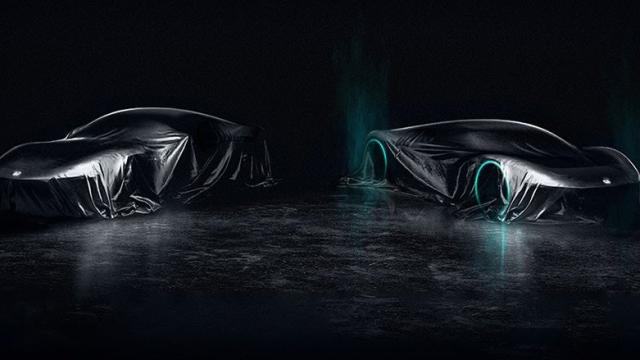People better be prepared for an all-electric future of car ownership. Though in terms of companies paving the road to get to widespread acceptance, some are planning bigger than others.
Japanese car giant Honda announced it wants to make a full 40% of its fleet fully electric by 2030. That 5 trillion yen, AKA $US40 ($56) billion investment means they could have a total of 30 new electric vehicle models out by that date, significantly outpacing competitors like Tesla with their meager offering of five retail models available (you’re going to have to wait a bit if you really want to run your hand down the hard edges of the notorious cybertruck).
That investment represents over 60% of the company’s total research and development budget of close to $US64 ($89) billion over the next 10 years. Additionally, somewhere around $US345 ($479) million will be put toward the first demonstration round of new solid state batteries by 2024. Honda has previously stated they would phase out all non-EV cars in the North America market by 2040.
It’s the largest announced total investment into EV from any of the other major car manufacturers to date. General Motors announced a measly $US7 ($10) billion investment in January. While Ford plans to ramp up EV production by 2023, they have proposed only seven new EV models for the European market by 2025.
Honda’s investment is in line with the growing demand. While they tout the goal of seeking a “zero environmental footprint,” the execution will matter little if there isn’t the supporting infrastructure to charge up these cars. The U.S. is planning to spend billions on new EV infrastructure along American highways.
This is starting to look like the old kids who used to roam the neighbourhood streets coming back to kick the new kids off their turf. Tesla remains the biggest name in the EV space, but its cars remain largely unaffordable for the general public, with its cheapest car, the Model 3, costing around $US47,000 ($65,245) after a price hike this year.
Meanwhile, Techcrunch reported Honda plans to unveil an $US8,000 ($11,106) vehicle specifically for the Japanese market. The Japanese car company is also reaching across the Pacific to General Motors to develop a new $US30,000 ($41,646) electric vehicle.
It hasn’t been a good week for Tesla in either case. Stocks dipped April 11, right around the time company founder Elon Musk announced a Shyamalan-esque twist that he would no longer be coming onto Twitter’s board, setting himself up to buy even more stock of the social media monolith.
But the bigger equation for the falling stock prices is likely to do with international supply shortages and Covid lockdowns in China. Which just goes to show that all that electrification is going to need quite a lot of rare earth materials. The most important materials, including Lithium and Cobalt, which will have their own environmental impacts, not just from mining but from the environmental toll of shipping these products to factories all around the world.
And despite this new push toward EV and wider adoption overseas, people in the U.S. have been slow to pick up on the electric vehicle trend. Will wider availability and climbing (heavily subsidized) gas prices incentivise U.S. motorists to plug in, rather than nozzle up? Well, at least the major car companies are betting they will.
